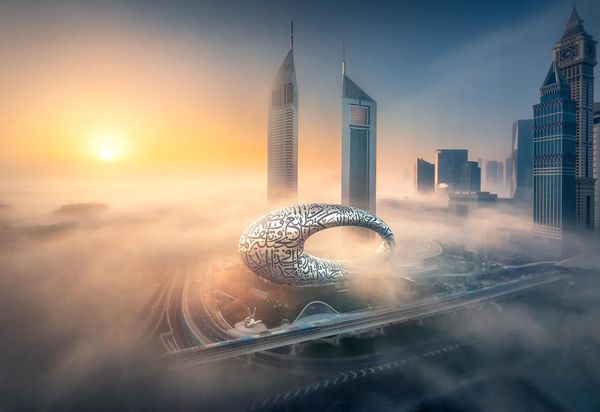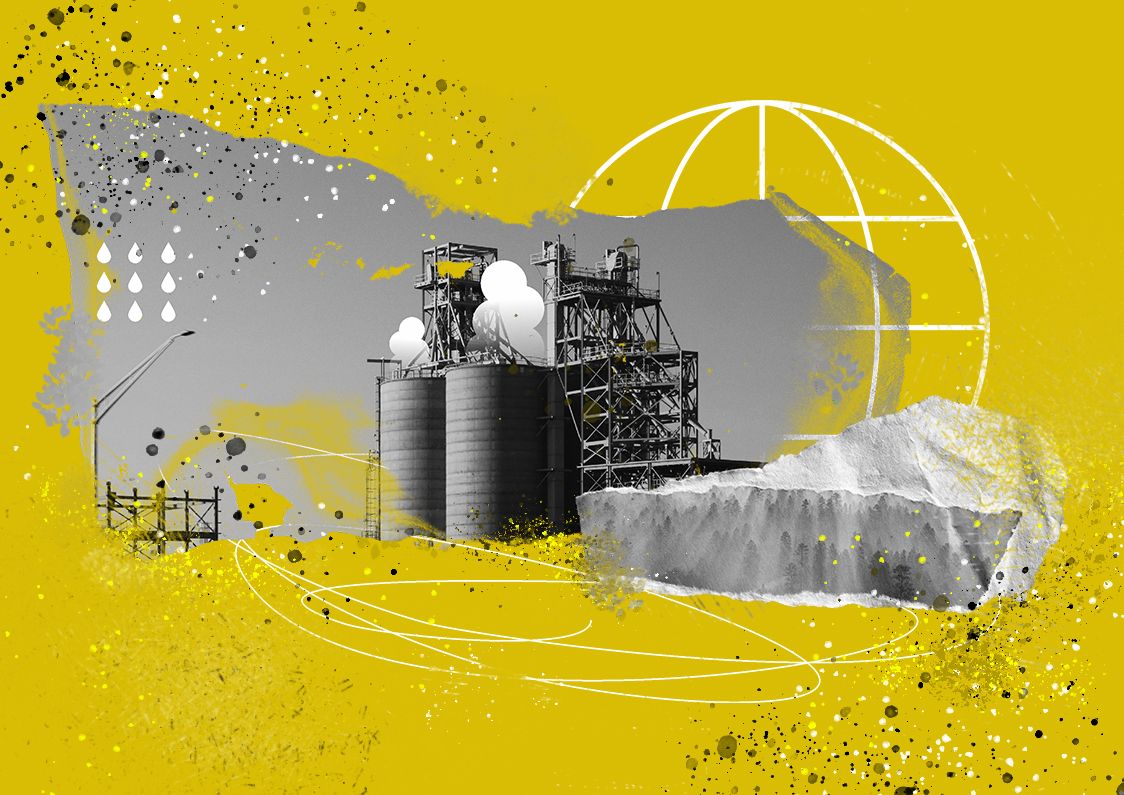We discussed climate policy and CO2 emissions in Central and Eastern Europe with Poland’s former chief geologist, Professor Mariusz Orion Jędrysek. Our interview on raw materials policy, Poland, the current state of the greenhouse effect and the impact of policy responses to climate change.
What does climate policy mean for you from a Central European perspective?
Climate policy cannot be considered without a raw materials policy, as raw materials include not only fossil fuels but also metals, which are closely linked to meeting climate policy requirements. Poland has 85% of the European coal, maybe 20% of the lignite, and maybe is fifth in lignite production, but the first country to consume maybe close to half of the European Union is Germany. Why are we not treated equally? Germans produce more CO2 per capita than Poland. This is not understandable to me. If we want to switch to renewable energy sources in many areas, we have to think about many metals, rare metals, which are scarce commodities. We need to develop mining, which is also harmful to the environment, we need neodymium, which is very rare, if we want good and efficient electricity generation from wind, we need a lot of copper, silver and even gold, and some rare elements such as dysprosium, holmium, whose meaning is not even known to the average person, and we also need energy. I started calculating how much energy is needed to build a wind farm. It takes many years of activity with a wind farm to efficiently produce energy from wind. Compared to the carbon footprint we leave, we emit a lot of carbon to build and operate the farm. You have to find deposits of iron, aluminum, etc., you have to open a pit or mine, you have to find people, you have to build roads, and it takes a lot of energy to smelt. When you add it all up, it seems like it’s not CO2-free. When you talk about climate change, the only known variable in climate is that climate is variable. There are many different perspectives on climate, but the only unchanging perspective is that climate is changing, and that is whether by anthropogenic activity or not.
I know from my studies that in the last 1000 years, we have had warmer, colder, more precipitation, less precipitation, we are now somewhere in the middle. And if you look at the changes over the last millennium, it seems like the cycle could be something like 400 years, which means we should expect warming now. In the last 6 million years, there have only been three periods when there were north and south polar cups. 90% of the time the Earth was without air, we had no ice caps. If we consider the concentration of carbon dioxide in the atmosphere, we are looking at one of the lowest concentrations in the history of the Earth. The lowest recorded value was probably 280 ppm, now it is 400 ppm, but it was even 2000 ppm, and yet we had life, animals, etc. I don’t dispute that mankind produces a lot of CO2 and CO2 can affect climate, but I would be happy to know how much? 95% of greenhouse CO2 comes from water. We have no control over that. The remaining 5% is maybe six, maybe four, depending on moisture, say half of it is CO2. So 2%, maybe 3%. Of that 2%, only 10% is anthropogenic CO2. Only 0.2% can be considered an anthropogenic contribution to the greenhouse effect. Maybe it’s a lot, maybe it’s not. But the other thing is that we are now seeing an extremely strong increase in CO2 concentrations, methane concentrations, and concentrations of all greenhouse gases ever measured. It’s rising, and humanity is certainly influencing that, but the issue doesn’t matter from a climate perspective. How important is it for the climate? Are we killing ourselves because the average (temperature rise?) is 0.2 degrees? Looking at the annual variation, we can see that it is more than 0.2 degrees. I think too many aggressive steps have been taken in policy before we get more information from science. Let us give more money to science, science should refrain from any political pressure, and then we will consider.

What are the main objectives of Central Europe in this respect?
We cannot survive such strong requirements and such a slowdown, otherwise, there will be severe economic and social problems. We cannot do more. Poland and Hungary have reduced their carbon emissions by more than 30%. I would expect Germany, the Netherlands or Luxembourg to do the same and then we can talk about it. We talked about it, me and my minister, who has passed away two years ago. He was very smart very important person on the global issue of climate. He evidenced that when you make higher forestation you probably can go carbon neutral. Why can’t we increase forestation and carbon sequestration to make the rocketing CO2 emission maybe a little more flat?
What do you think how much of this can be achieved under the Three Seas Initiative?
The Three Seas Initiative is very important, I think is at least one of the crucial political and economic initiatives, I will support it very strongly. It seems that it started in the Middle Ages. Keep in mind we and Hungarians both had common kings. They had to combine the Kingdom of Poland, from Hungary to Croatia. It was one power in one family. It would seem that it was almost impossible. We were quite strong together when you consider culture, history, innovations, especially democracy.
In an interview in 2019, you mentioned that Poland had a great chance to be completely self-sufficient in terms of gas. Do you think this is still the case?
Yes, I think it hasn’t changed in 2-300 million years. Why? Because we have two possibilities. 2-3-400 million years of deposits and then about 30 million years old. We have shells that contain enough organic matter and we produced methane, but the methane didn’t go away, or maybe only 30% of it went away. When I started to analyze this in the 90s, I found that there should be about 2 European billion cubic meters of methane in Poland. This means that this could satisfy 100 or even 200 years of demand. We could be a kind of supplier to ensure the security of this for the whole of Europe. In 2006, I issued the first 11 licenses to Polish-American companies. Then there were some political changes that ruined that, but we still have to go back to the issue and show strong independence. I prepared the raw materials policy, which was not actually introduced, but it was very close. The most important pillar of this policy is to reduce the risk of raw material supply. How can you reduce the risk? If you have your own technology and your own deposits? Poland has very good geological conditions to build large underground storage systems for gas, oil, fuels and chemicals in the south. We could be a kind of hub for the whole of Europe. This is all part of my raw materials policy.
Professor Mariusz Orion Jędrysek was appointed as Undersecretary of State at the Ministry of the Environment from 2015 to 2019. Professor Jędrysek has earlier served as Poland’s Chief Geologist from 2005 to 2007. He is a full professor and holds Ph.D. degree in geology, biogeochemistry and isotopic geology and is a member of the Convention of the AGH University of Science and Technology and of the Committee on Mineralogical Sciences, Polish Academy of Sciences.

Blending 20th-century and contemporary needs during the reconstruction of a church in Bratislava

The Museum of the Future opens in Dubai










